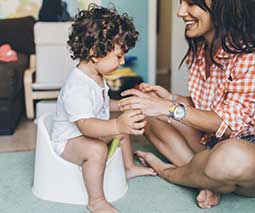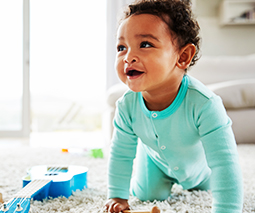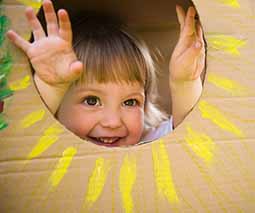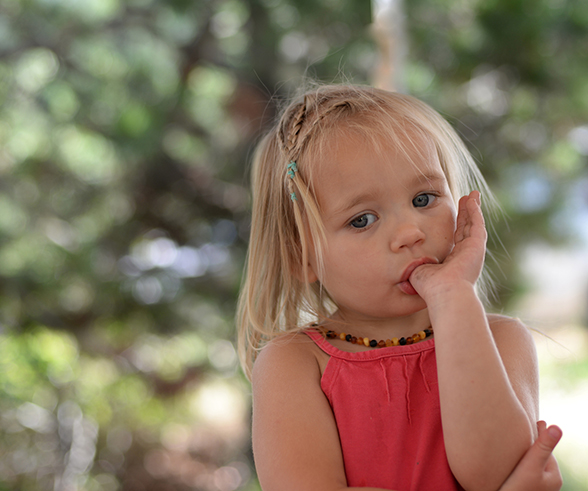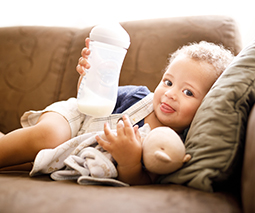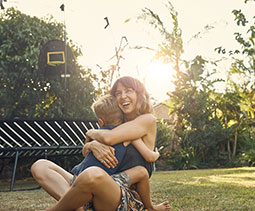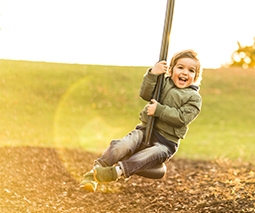Karen Young shares the 5 ways you can support anxious children
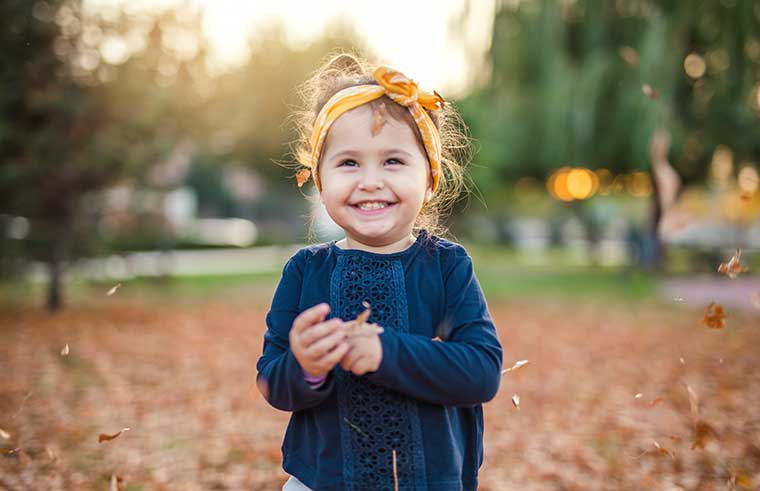
Our children have important work to do. They are discoverers, explorers, adventurers, world-changers and magic-makers. During childhood, they will slowly expand their reach into the world and unfold their very important place in it. They have everything inside them they need to do this, but they will the support of a dedicated support crew to make the magic happen.
Most children will experience feelings of stress and anxiety at some point, such as before an exam, performance or sporting match. For young children who are discovering the world around them, anxiety is very understandable, but it can interrupt their move towards brave behaviour and the experiences that will grow them. About one in six children will experience intrusive levels of anxiety which can interfere with school, friendships, and many other aspects of daily life.
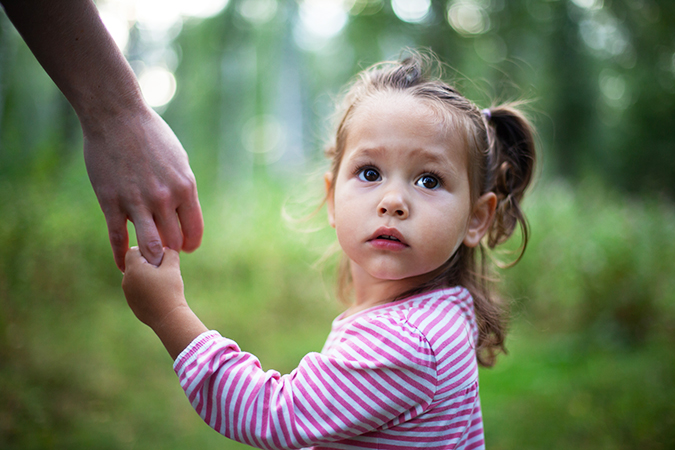
Our job as parents isn’t to lift our children over every challenge; it’s to give them the skills and qualities to do that for themselves. All children have everything they need inside them to move through life with courage and resilience. Parents are a vital part of this. They have a profound capacity to expose children to the experiences that will strengthen them against anxiety.
Here are some ways to do that:
1. Leave plenty of time for free play
Children need to play. Food, water, love, play. It’s that important. Research has found that the more playful children are, the greater their ability to cope with the challenges that come with way. During play, children have the opportunity to experiment with real-life and explore their world. They can put themselves in situations that push them right up against their edges, but with the inbuilt safety net of knowing they can pull back whenever they need to.
2. Encourage a regular mindfulness practice
Mindfulness creates structural and functional changes in the brain that support a healthy response to stress. It also promotes better sleep, builds attention, focus, kindness, and the capacity to deal with big feelings. There are many ways to practice mindfulness, including some great apps (such as Smiling Mind), but at its most basic it involves focusing on one thing at a time in the moment, such as eating, walking, breathing, or the senses generally (what can they feel against their skin, taste, hear, smell).
3. Shhh. Let them talk
Anything we can do to show our children that we’re there to listen to them and that we can cope with anything they feel or say will be powerful. It can be tempting to talk more than we listen or to feel the need to ‘fix’ things for them. The truth is we don’t need to fix anything, and there is often more magic in giving them space and support to discover the answers for themselves. Saying, “I know you can do this, and I’m here if you need.” They are the experts of how they feel and what they need, and you are the safest place in the world for them to explore this.
4. Exercise
Exercise is the wonder-drug-but-not-a-drug of the mental health world. It changes the structure and function of the brain in ways that strengthen it against stress and anxiety. In the same way, exercise helps keep our bodies healthy, and it also helps keep our mind and mental health strong.
5. The move towards brave can be a shuffle
Our children have plenty of time to grow their courage. There is no hurry for this to happen. When it is time for them to make the move through anxiety and towards brave behaviour, the movement can be a shuffle more than a leap – one tiny step after another. Ask them, “What you can do that would be braver than last time?”
Children are powerful when we empower them. The experiences we expose them to, as well as our belief in them, will grow their courage, nurture their resilience, and help them discover the very best versions of themselves.
Karen Young is a Child Development Expert who has worked in private practice and in educational and organisational settings. She has extensive experience in the facilitation of personal growth groups. You can contact her at Hey Sigmund.
 Need some support to be the best parent you can be? Our Parent School parent coaching experts can help. Click to find out more or book a one-on-one session.
Need some support to be the best parent you can be? Our Parent School parent coaching experts can help. Click to find out more or book a one-on-one session.
